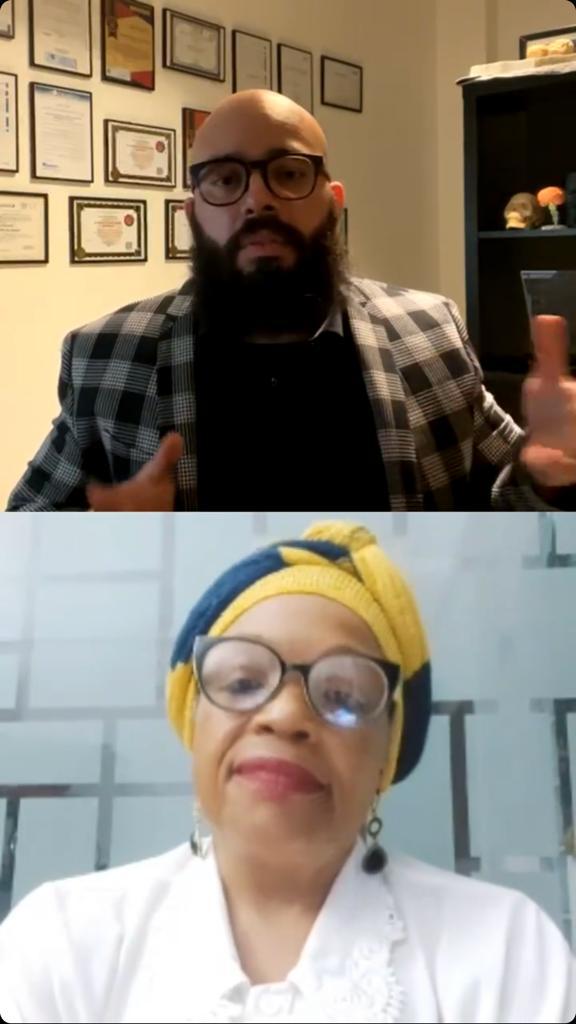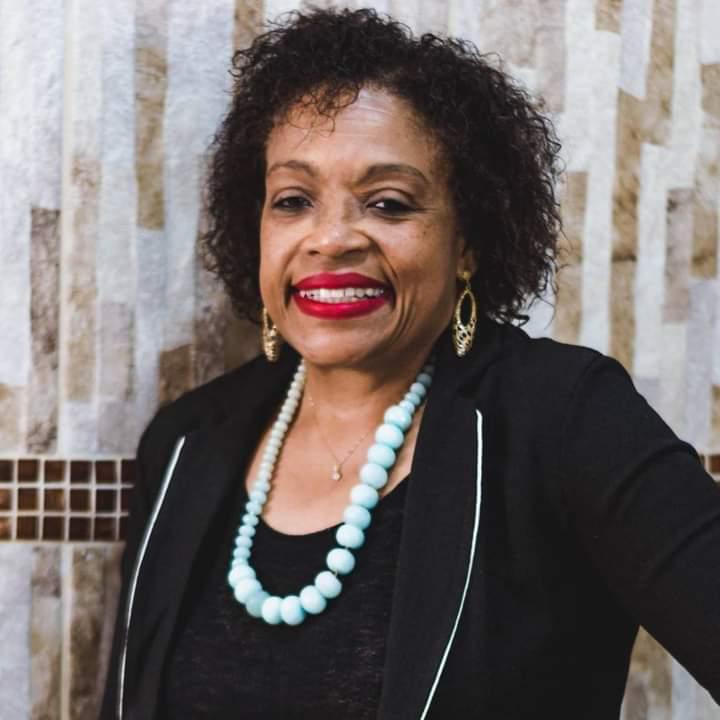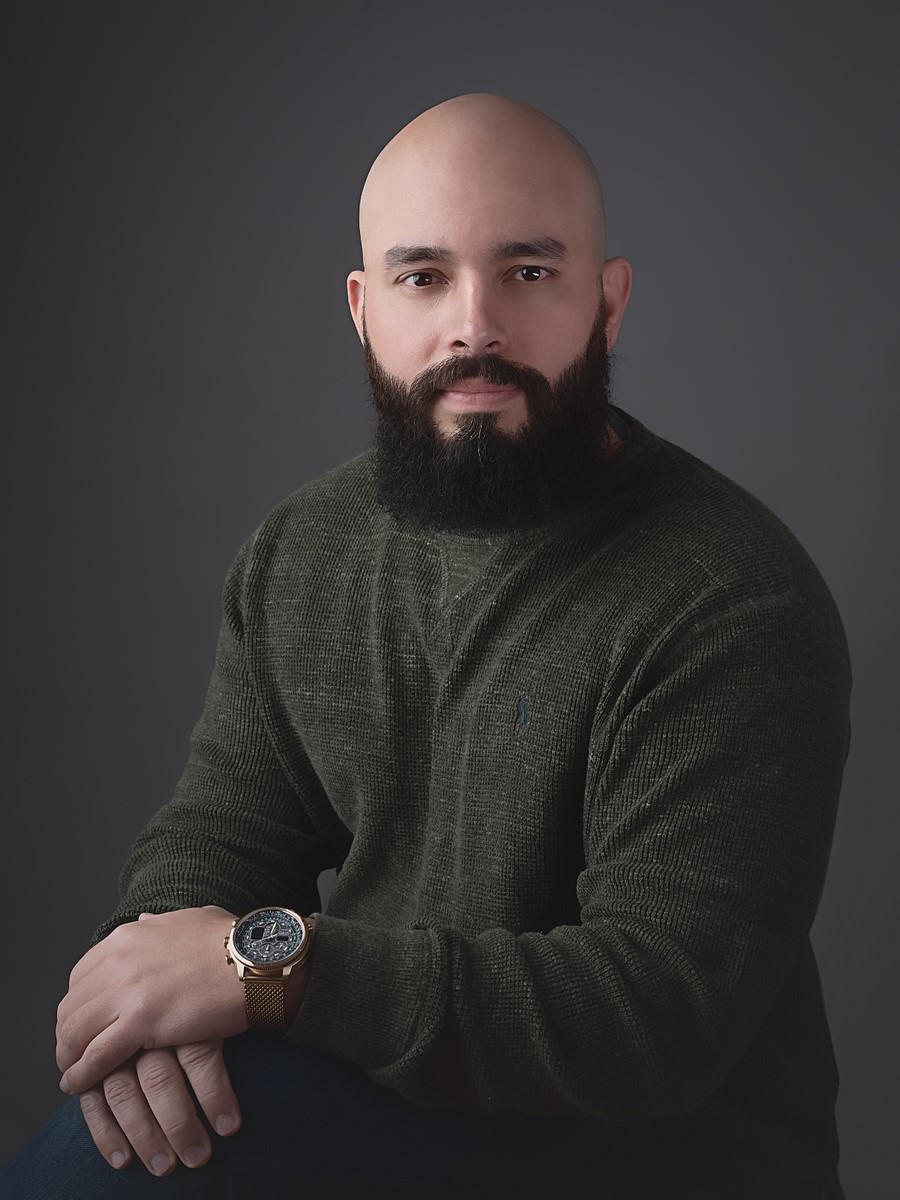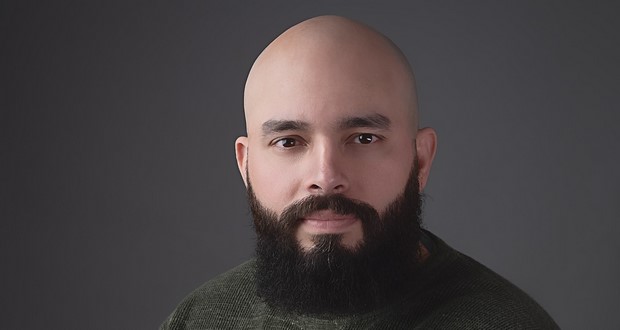Doctors Fabiano de Abreu and Ângela Mathylde talk on Live about the importance of scientific journalism and the valorization of the scientist
In times of pandemic and Fake News, you need to be discerning and careful with what is consumed in the media. The internet gives space for many voices to express opinions on the most diverse subjects, but it is essential to observe some characteristics to know if that journalistic work is serious and if it obeys an ethical and well elaborated production.
To address this issue, the neuroscientist, psychoanalyst and journalist Dr. Fabiano de Abreu, and the psychopedagogue, professor at PUC Minas and president of the Congress Brain Connection Brasil, Professor Dra. Angela Mathylde Soares, did a Live this Tuesday to talk about trends and innovations in 21st century journalism. A pleasant and valuable conversation so that any communication professional can understand its importance in this process of building quality scientific content at a time when many believe they can say whatever they want, without proper control and evaluation.

Owner of one of the media and social media company, to MF Global Press and a scientific research center, CPAH and also a member of Brain Connection and the Brazilian Federation, Portuguese and European neurosciences, Fabiano de Abreu highlights how scientific studies were essential for professional recognition: “Whenever I read the newspapers, realized that something was always missing. And I always tried to do journalism so that people had no doubts about what was being written or spoken. So I decided to invest in creating something that is well designed and that people can understand what is there for them, without leaving those margins ”, commented.
Therefore, Abreu recommends that the journalist, mainly when addressing scientific topics, do not consider yourself an expert on the subject, this can give chance to something very negative, which is the guess. "Leave the words and the research with those who understand the subject". For this, he cites an example common to the media: “If a newspaper needs a person to talk about heart disease, I offer a client who is a cardiologist. He will have all the knowledge to talk about that subject and will be able to explain in a very didactic way. It's not up to the journalist to pick up the subject and write his way. The journalist who tries to be a scientist, opens loopholes for non-scientists to act as scientists on social media, there are professionals with extensive knowledge on the subject and are duly trained to do this, formed. Not to mention that the valorization of the professional in the media, encourages research and studies for a better result. ”.
A good source of scientific information that both Fabiano and Ângela consider to be of great value are publications in scientific journals. “They are well-founded content, analyzed, evaluated and approved by a scientific committee. So, if you want to know more about a research on a particular subject, there you don't run the risk of having something unfounded or false. Those who make these publications are scientists who have mastery of that subject and can speak with ownership of it ”, advises.
Professor Angela Mathylde guides: “Google is a search engine. We have to know how to analyze the veracity of the information presented there. This tool is a motivator to find the best content. Thus, we need to have a critical analysis of what is presented to us. In addition, we need to look for trusted sites like SciELO, ERIC, Academic Google, Newspapers (CAPES Portal), BDTD, Science.gov, among some other well-known internationals. These places have assertive information, true and without loss of time or guesswork ”, explains. “We have to analyze what scientists do. Science needs to be backed up by clear and objective evidence. It is necessary to know how to dialogue with the other who will receive that information. There has never been so much talk about science as now with the pandemic. But it is essential to listen to those who understand. People can publish the most diverse subjects, but serious professionals are there, for years doing their job, and certainly they have feedback to reinforce what they are saying ”, details.
Hence this main need to not take everything published seriously.: “The fake news shows the lack of education, of pedagogy, commitment and lack of humanity ”, regrets the teacher. “The first law of science is the commitment to the other, with the truth and with the solution. The rest is pure empiricism ”, reinforces the educator.
Hence it is important not to believe anyone. To find quality content, it is worth following content of who owns, for example, a checkmark on the social network, reinforces Angela Mathylde: “So it will be possible to see that the person has a theoretical basis for the subjects, she will not simply say what she wants without having a basis for it ”, reinforces.
Fabiano de Abreu regrets that even so, “Our professionals here are not valued as they should. I did some research myself 2018, on the internet is making people less intelligent, approved and published in a scientific journal, the matter did not have repercussions in the media. Another scientist in 2020 published a book on the same subject in France, and here everyone addressed this issue. So it remains to give this emphasis to our scientists ”, highlights.
This freedom of each one to say what they think, without proper research work, is what the teacher regrets to be increasingly common on the internet: “Information is liberating and when it is faithful it can change realities. This is the role of science. We can't work on pickaxe, people have to know what they are talking about, is of great responsibility. I myself went through some lives that made me want to cry ”.
Not an easy task, since, scientific research is very complex, and when published they yield great subjects. So much, remembers Fabiano, that the advisory journalist needs to put it all in a few paragraphs to get the attention of the colleague in the newsroom. “All of this is done under a lot of responsibility. The reader does not want to read large texts so we have to pass all the knowledge in a few words with short and impactful titles and subtitles, it's a delicate creative factor. ”, completes the neuroscientist.
Education inclusion specialist, Ângela Mathylde highlights how essential it is that this communication has to be well done involving researchers and the media to bring benefits to all agents: “She needs this involvement and commitment to mark the students' lives, teachers, from those who seek knowledge. And we can't forget about their families too ”, ends.
Biographies
Prof. Dr. Angela Mathylde Soares

Teacher, Pedagogue, Psychopedagogue, Psychoanalyst, with D.H.C titration. in Education / USA; Master and doctor in psychoanalytic studies (RJ); PhD in Neuroscience (USA); Post doctorate in Neuroscience (USA); Creator of the PPAI Program _ Multidisciplinary Evaluation and Intervention Program.
Professor at PUC Minas; CEO of Clínica Aprend Aprendiz e Companhia-Saúde integral e Instituto. Profa. and scientific coordinator of Faculdade Plus in the southeast region; National Counselor of the Brazilian Association of Psychopedagogy (ABPP); President of the International Brain Connection Brasil Congress; Director of the European Union Clinical Research Group on Health and Education / G3TES; Academic Deputy Director of the Minas Gerais Association of Psychoanalysis (AMAP); Pearson Publishing Writer, Craftswoman, WAK, Author of scientific articles and texts in several magazines. Winner of several Professional Expression awards and outstanding in 2009 until 2020 European recognition PROFI CONCEPT – Honorary Professor. Speaker in Brazil and abroad.
Fabiano de Abreu Rodrigues

Doctor and Master in Health Psychology from the Université Libre des Sciences de l'Homme in Paris; Doctor and Master in Health Sciences in Psychology and Neuroscience at Emil Brunner World University; Master in Psychoanalysis by Instituto and Faculdade Gaio, Unesco; Post-Graduation in Neuropsychology by Cognos de Portugal; Three Post-Graduations in Neuroscience; cognitive, childish, learning, Postgraduate studies in existential psychology and anthropology, all by Faveni; Specialization in electrical property of neurons at Harvard, general neuroscience at Harvard; Specialist in Clinical Nutrition by TrainingHouse de Portugal.
Neuroscientist, Neuropsicólogo, Psychologist, Psychoanalyst, Journalist and Philosopher.
Integral from SPN – Portuguese Society of Neurosciences - 814, by SBNEC – Brazilian Society of Neuroscience and Behavior - 6028488 and FENS – Federation of European Neuroscience Societies – PT30079. E-mail: deabreu.fabiano@gmail.com

